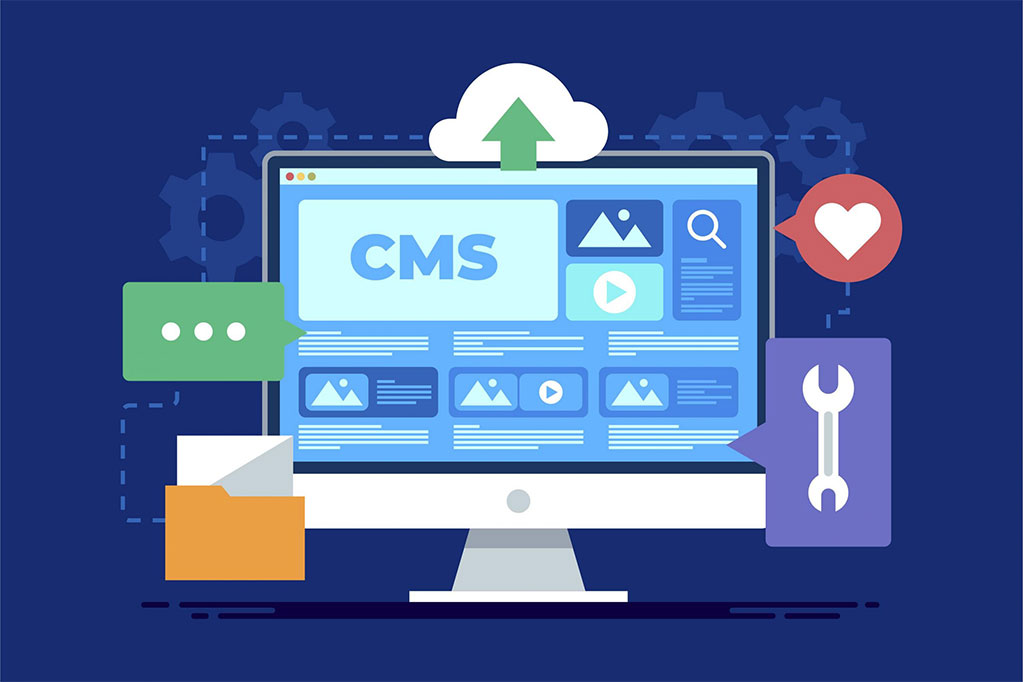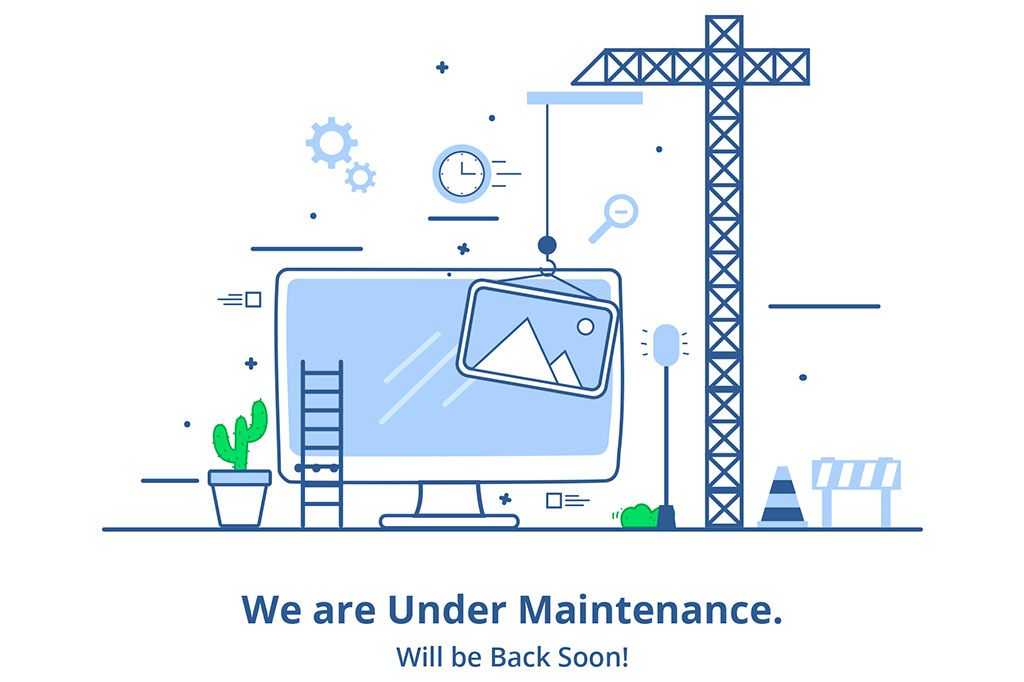
The digital world has advanced at a breakneck pace, and with it, the options for developing and maintaining a website. From self-hosted solutions like WordPress to Software as a Service (SaaS) platforms, the choice can be daunting. At QualitApps, we predominantly work with WordPress, but let’s explore the pros and cons of each type of platform to help you make a more informed decision.
Self-Hosted Platforms
Self-hosted platforms, like WordPress.org, allow users to download and install software on their own server or hosting service. Websites built with these platforms are completely customizable and offer full control over the source code.
Advantages:
- Total Control: With a self-hosted platform, you have total control over every aspect of your website. This means you can modify and customize every tiny detail to your liking.
- Flexibility: Self-hosted platforms offer more flexibility to add features and optimize your website for SEO. WordPress, for instance, has thousands of plugins available that can add almost any functionality you can imagine.
- Content Ownership: On self-hosted platforms, you retain total ownership of your content and data.
Disadvantages:
- Maintenance: With a self-hosted site, you are responsible for site maintenance, including software updates, security, and troubleshooting technical issues.
- Maintenance: With a self-hosted site, you are responsible for site maintenance, including software updates, security, and troubleshooting technical issues.
SaaS Platforms
SaaS platforms, like Wix or Squarespace, offer a “turnkey” website creation service. Instead of hosting your website on your own server, your site is hosted on the provider’s infrastructure.
Advantages:
- Ease of Use: SaaS platforms are generally very user-friendly, even for beginners. You don’t need to have technical skills to create a beautiful and functional website.
- Support and Maintenance: SaaS platforms take care of all maintenance and security updates. They also typically offer customer support to help you if you run into problems.
- Predictable Costs: With a SaaS platform, you pay a monthly or annual fee that includes everything you need for your website.
Disadvantages:
- Less Flexibility: Although these platforms are easy to use, they do not offer the same flexibility as self-hosted ones. You may be limited in terms of customization and functionalities.
- Content Ownership: On some SaaS platforms, the provider may have rights over your content.
Both self-hosted and SaaS platforms have their advantages and disadvantages. The right choice depends on your specific needs, your budget, your technical skill level, and how much control you want to have over your website. At QualitApps, we prefer the flexibility and control of WordPress, but we understand that for some, a SaaS solution may be the better option.






